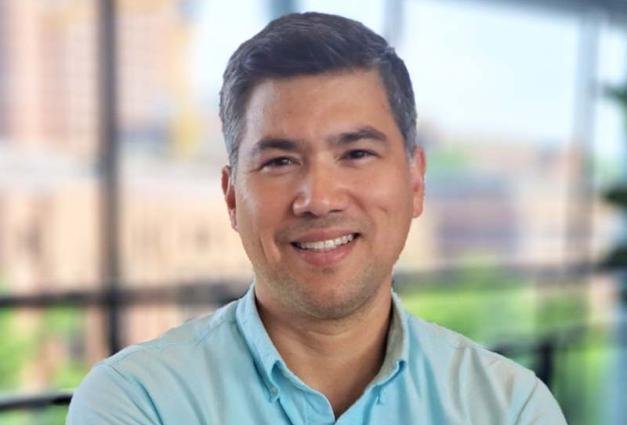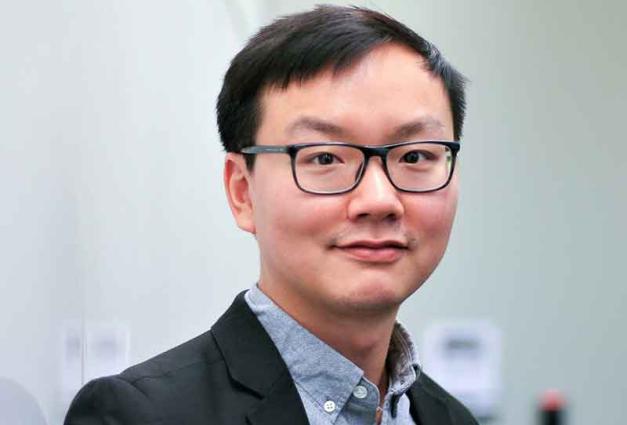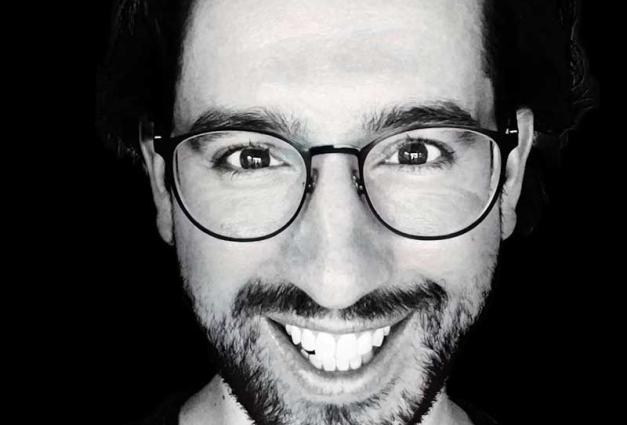Tabea Hässler is a senior lecturer at the University of Zurich, the curator of the Zurich Intergroup Project, and, together with Léïla Eisner, the Swiss LGBTIQ+ Panel. Tabea’s research focuses on responses to inequalities and support for greater social equality among diverse advantaged and disadvantaged groups. Tabea's work is influenced by research visits in several countries (Germany, Chile, Costa Rica, the U.S., Canada, Ireland, New Zealand, and Switzerland) and collaborations with scholars around the globe.
What led you to choose a career in personality and social psychology?
Being born in Germany, my interest in social psychology is affected by the Holocaust and the previous division of Germany (both of my parents fled from Eastern Germany). I was always eager to better understand why people discriminate against others and what we can do to foster harmony and equality across group divides. Already in high school, I therefore launched a campaign against racism, bullying, and homophobia against the resistance of the teachers. During my studies, I worked on several research projects (e.g., a project comparing the TV broadcasting of the paralympic, a project on xenophilia, a project on police violence in the U.S., and some large-scale projects on acculturation in the Chilean school context). I enjoyed particularly the opportunity to visit and explore other countries (e.g., Canada, Chile, New Zealand, and the U.S.) and cultures while deepening my research interests. Thus, it was clear to me that I would like to conduct a Ph.D. in Social Psychology. I consider not everything in academia perfect, and it worries me that we partly reproduce the same systematic inequalities that we criticize outside of our discipline. Yet, I’m still here today as I see that efforts are forming to address these inequalities, and I would like to be part of this change within and outside academia.
Briefly summarize your current research and any future research interests you plan to pursue.
By integrating the theoretical foundation of intergroup relations and a collaborative research approach, I investigate (i) how people react to and are affected by social inequalities (e.g., Hässler et al., 2019, Thöni et al., 2022) and (ii) how and when contact between groups can promote more inclusive societies and social justice (e.g., Hässler et al., 2020; Hässler et al., 2021). My work focuses on inequalities based on characteristics such as ethnicity, religion, gender (identity), and sexual orientation to acknowledge the many forms of inequalities that people experience.
Together with Léïla Eisner, I further initiated the Swiss LGBTIQ+ Panel—a longitudinal survey assessing the impact of social and legal changes on LGBTIQ+ people in Switzerland. Because I believe that researchers need to cooperate on a global scale to truly understand and address inequalities across the globe. During my Ph.D., I therefore initiated the Zurich Intergroup Project—a multinational project involving 43 researchers from 23 countries.
Currently, I’m working on several projects aiming to connect scholars across the globe. I’m putting a special issue on “Reimagining LGBTIQ+ Research” together, and I’m very proud that we have contributions from Africa, Asia, Europe, Latin America, Oceania, and North America. Further, scholars from these continents joined forces to propose an LGBTIQ+ preconference for next year’s SPSP Annual Convention (I hope to see many of you there).
In the future, I would like to extend my previous projects by working collaboratively and on eye level with scholars across the globe, particularly from Africa, Asia, and Latin America, on another multinational project. As the central aim of my work is to promote social justice within and beyond academia, I also engage in various outreach activities to bridge the divide between academia and the general public.
Why did you join SPSP?
I joined SPSP to connect with scholars from North America, but also other continents. I am hoping to strengthen the connection between the U.S. and scholars from other countries. I am therefore very happy to see that several American scholars followed our invitation and are attending this year’s general meeting of the European Association of Social Psychology.
What is your most memorable SPSP Annual Convention experience?
During the SPSP Annual Convention in San Francisco, I met Alica Martin—a young, very smart, and funny grad student. We talked about life, science, and barriers in science due to her physical disability—and I learned so much. Alicia founded the adaptable network and the discussion with her sparked the idea to propose last year’s invited session on advancing diversity within and beyond SPSP. I would hope that we all see conferences like SPSP more as a chance to make new friends from all over the world and extend our horizons.
How has being a member of SPSP helped to advance your career?
Attending SPSP’s Annual Convention has helped me to build and extend my North American network. I also received two job offers following chats that I had during SPSP—to my great surprise (European conferences are generally not viewed as job markets). Currently, I’m collaborating with several scholars within and outside the U.S. whom I met during SPSP’s Annual Convention.
Do you have any advice for individuals who wish to pursue a career in personality and social psychology?
Stay curious, follow your interests, and look across the pond (literally, I would recommend you to attend at least one international conference). I’ve been told several times that I’m killing my career by focusing on LGBTIQ+ people, I shouldn’t spend so much time on outreach, I’m not publishing enough, I’m not strategic enough, I wouldn’t be able to manage what I was planning to do, and that I should ask “those questions” when referring to marginalization and inequalities. In the end, continuing what was important for me, helped me to build a unique profile, connections in and outside of academia worldwide, and form numerous friendships.
Outside of psychology, how do you spend your free time?
I love to travel and do all kinds of outdoor sports—such as mountain biking, white water kayaking, and snowboarding. This year I bike-packed across Costa Rica. I biked during the day, searched for a nice and lonely beach at night, and pitched my tent. I met many great people, learned much about the country, and saw many beautiful landscapes.




